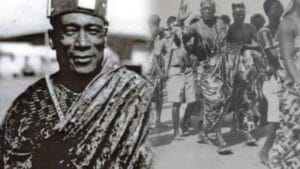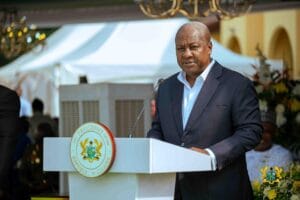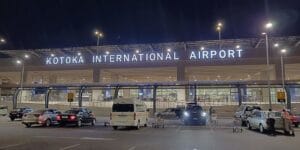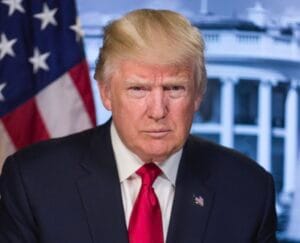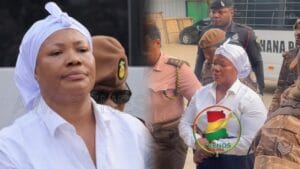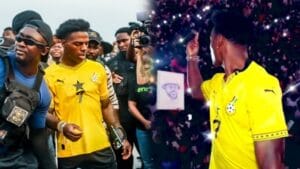
History is not always written in wars and speeches. Sometimes, it hides quietly in a handshake, in a smile, in the innocence of youth. In this frozen image, Kwame Nkrumah, the man who had carried Ghana on his shoulders to independence, stretches out his hand to a bright student named Akwasi Amankwaa Afrifa. The year was the late 1950s. Afrifa was only nineteen, full of promise, discipline, and the respect of his peers.
Nkrumah saw in Afrifa the future of the nation he was building, a Ghana that would stand tall as the Black Star of Africa.
But time has its own cruel way of twisting loyalty into betrayal. Eleven years later, in February 1966, the same Afrifa who once bowed before Nkrumah would rise as a soldier in uniform, carrying a gun and a cause. Alongside Colonel Emmanuel Kotoka, Afrifa became one of the architects of the coup that ended Nkrumah’s dream.
While Nkrumah was away in Hanoi, appealing for peace in Vietnam, tanks rolled through Accra. Soldiers stormed Flagstaff House, and the voice of Ghana’s independence was silenced by the crack of rifles and the cheers of men who believed his time was over.
How could Nkrumah have known that the boy whose hand he once clasped so warmly at Adisadel would grow into the man who struck the knife into his legacy? The betrayal was not only personal, it was national. For Nkrumah, who believed in grooming the young, it was as if destiny had mocked him, raising his own admirer into his executioner.
Afrifa would not escape history’s revenge. Thirteen years after the coup, in 1979, another young soldier, Flight Lieutenant Jerry Rawlings, ordered Afrifa’s execution by firing squad. In the bitter symmetry of Ghana’s story, the hand that once shook Nkrumah’s in promise became the body that fell lifeless in the sand, riddled with bullets.

